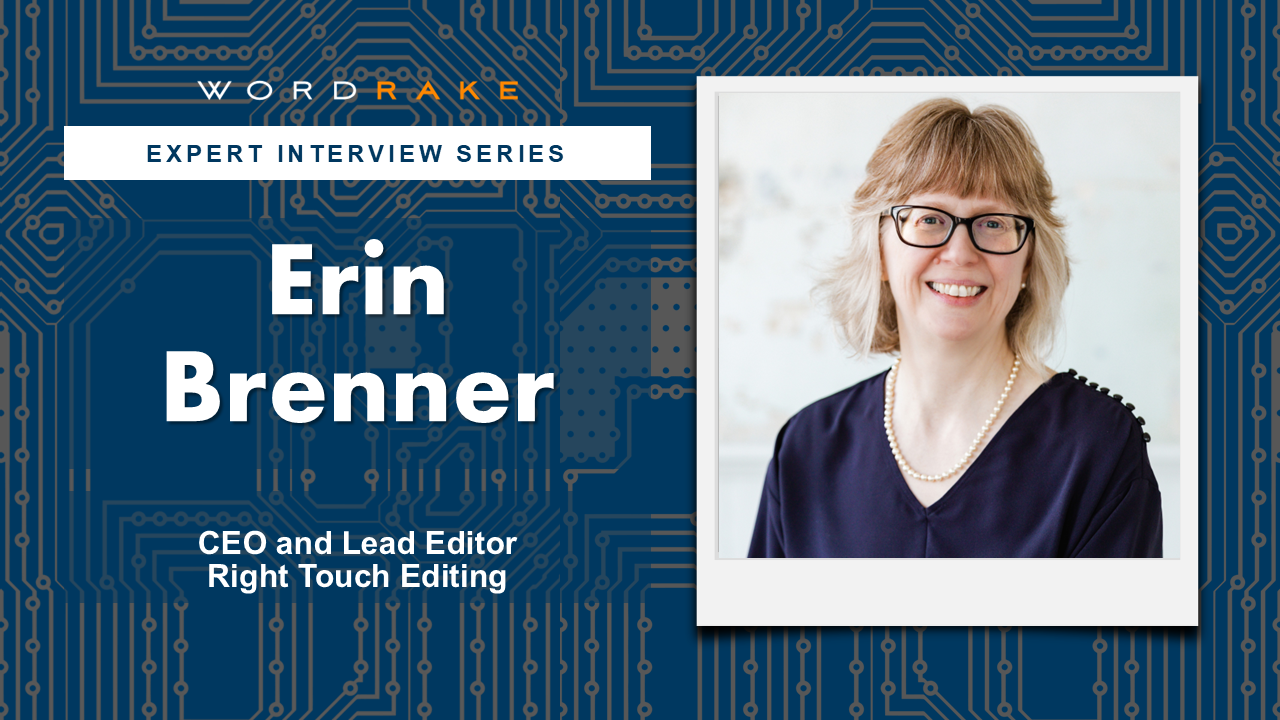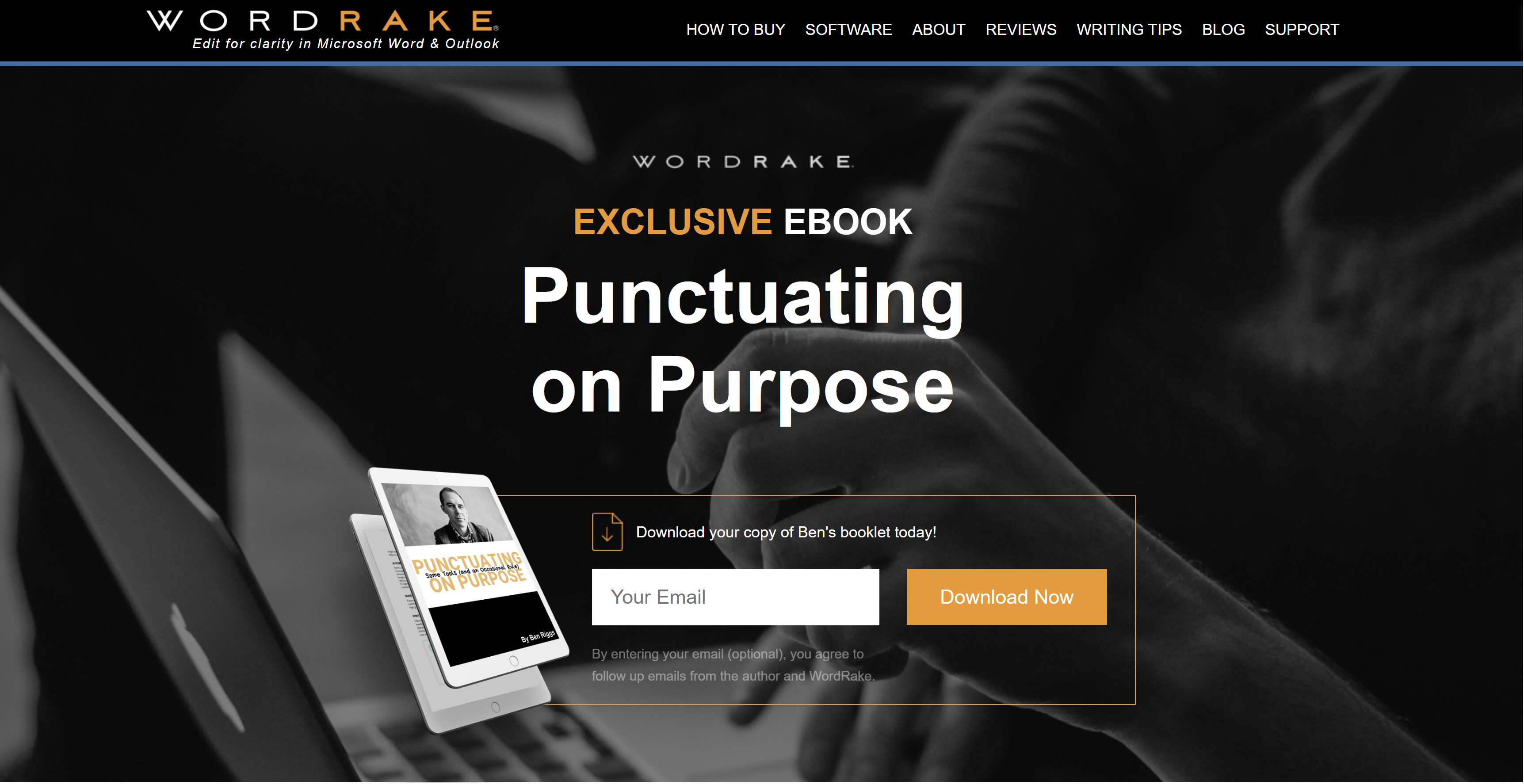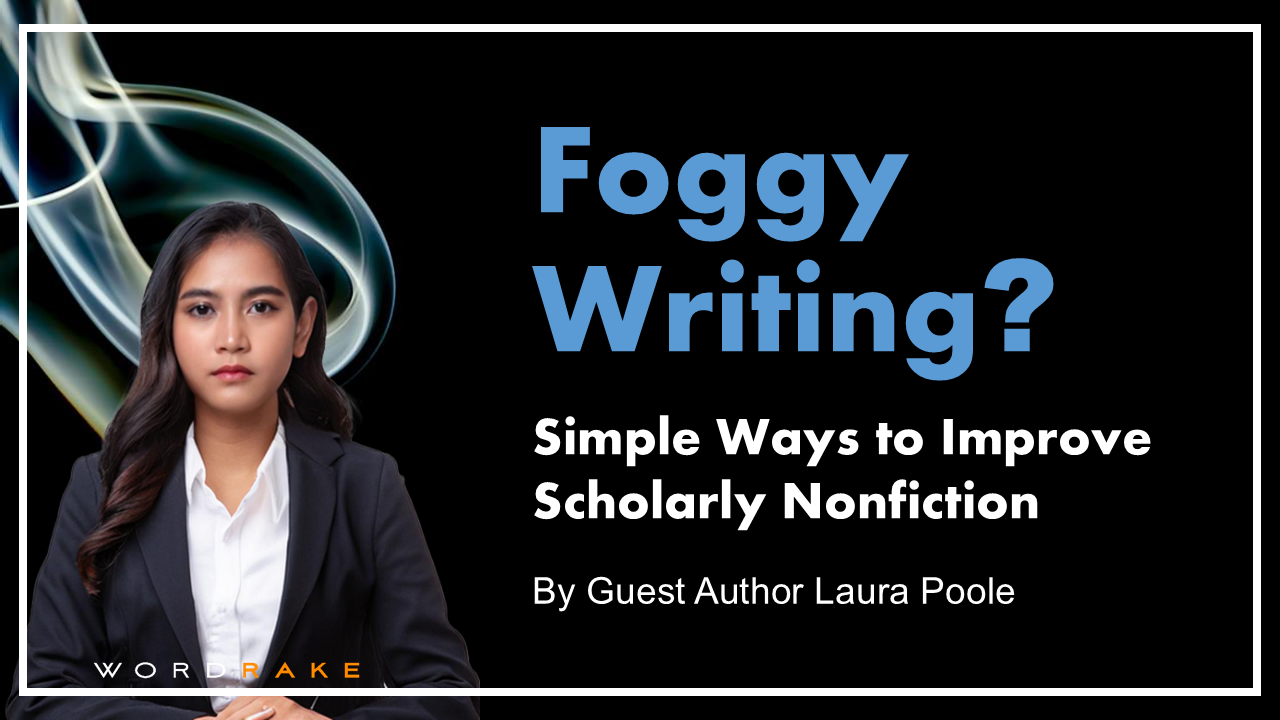Erin Brenner is an award-winning copywriter and has been a communications professional for two decades. As the CEO and Lead Editor of Right Touch Editing, she brings businesses and indie authors high-quality editorial services. Erin has authored several books and hundreds of articles and blog posts. Read her insight about her editorial work and industry experience.
What is your role and how are you involved in editing?
I own Right Touch Editing, an editorial agency. In addition to running the company, I am the project manager on all our projects and team manager and trainer. I still do some editing and writing for clients, but my team does most of it, and I review their work.
What prompted your interest in editing?
I was a new college graduate, still working a retail job when my former academic advisor sent me on an interview for a proofreading job. To be honest, at that time I wasn’t completely sure what proofreading was! I did the interview and immediately bought a book on how to proofread (this was long before there were any kind of classes online). I immediately loved the work and have never looked back.
What do you love about your job? What do you not love?
As an editor, I love helping a manuscript be the best it can be and helping the author reach their goal with the manuscript. I’m an organizer and tidier by nature, and that’s what a lot of editing is about. As a business owner, I love managing projects and teams, helping things get done and supporting the people who do the work.
What makes you reject a prospective editing or proofreading job?
I’ll pass on anything that’s outside of our expertise. Your editor needs to have at least a foundational understanding of your topic or field. At Right Touch Editing, we focus on business communications and publications. We’ll work with independent authors on business-related projects, in addition to businesses, nonprofits, and other organizations, but we pass on fiction and most STEM projects.
Is there a difference between editing fiction and nonfiction? Do editors specialize in certain genres?
There’s absolutely a difference between editing fiction and editing nonfiction. While all writing (and editing!) is a blend of art and science, the scale tips more toward art in fiction. Though there are exceptions, nonfiction is less about art and more about science—the rules and guidelines of grammar, usage, and style. While an editor might edit both fiction and nonfiction, they tend to specialize within those categories. The more specialized an editor is, the stronger their skills in editing that niche. They’ll have more experience with it, understand the writing style better, and have more insight into what works and what doesn’t.
At Right Touch Editing, we focus on business writing. We understand the constraints of it and where and when the writing can push those constraints. Some clients require a high level of formality and clarity that might challenge an editor used to working in the more forgiving environment of fiction, for example. It’s not that fiction editors aren’t skilled; they absolutely are. It’s just a different focus.
Are editors able to edit their own writing?
Editors are needed because when you’re the writer, you’re so enmeshed in what you’re trying to say, it’s challenging to see what’s actually there. Your brain will “see” what it expects to see. When someone is looking at the manuscript for the first time, they’re far more likely to see what’s actually there. Editors are no exception to this, so when it’s our turn to write, we need an editor to review our work.
How does AI change things for professional editors? Is there still value in hiring a human?
Generative AI is influencing the choices writers and publishers are making about how to review a manuscript. It’s certainly cheaper to run a manuscript through a GenAI tool, but users need to be wary of trusting software to edit. GenAI tools simply predict what the next word should be in a response; they don’t actually think. And critical thinking is at the core of editing work. Human editors are absolutely necessary for reviewing a manuscript. They need to ask questions that challenge the writing: Is it clear? Could it be misread? Does the voice sound authentic? What jumps out at me as sounding not quite right?
I do think there’s a place for GenAI to help with the editing process. For example, it can be a great help in formatting citations. It can compare the citations against the provided citation style and correct infelicities quicker than a human. But anything it does should be checked—and checked by someone who knows how to evaluate the output. If you don’t know anything about, say, how to punctuate dialog, how will you know if the AI tool has corrected the punctuation accurately?
Are you willing to edit AI-derived writing? Why?
It depends. I don’t think AI belongs in fiction and other art-first writing. Art is an expression of creator’s feelings, ideas, and experiences in a creative way, not the best guess to what the next word should be. However, there is a lot of formulaic writing that AI can at least draft, such as annual reports, email newsletters, and user directions. It still requires a human to ensure that what’s written is clear, accurate, and understandable. GenAI tools want to please the human user and will make things up rather than admit it doesn’t know. A professional editor can suss out when the AI has written nonsense and revise for clarity and accuracy.
Are you worried that AI will take over for human writers and editors? Why or why not?
I don’t think GenAI can successfully write or edit in the way that humans can. So I don’t think AI should take over for humans. But will it? It really depends on how much companies and individuals care about what they produce. If they’re willing to produce slop and no one challenges the slop, we could see writers and editors abolished.
Who should hire an editor?
Anyone who cares whether their writing meets its goals. While editing can guarantee, for example, that your policy paper will be followed by policymakers, it can help by removing errors that would cause a reader to distrust the paper. It can help ensure that your argument is clear and can be followed easily. By improving the quality of the writing, an editor improves the quality of the manuscript and its message. Those things are critical for a policymaker to be persuaded by your argument.
What are you thoughts about the Oxford comma?
I like the Oxford comma and I use it in my own writing. But I never force my clients to use it. Not using it except when it would cause confusion not to is a legitimate style choice. Style is about preferences, and Right Touch Editing supports its clients’ preferences.
About Erin Brenner
Erin Brenner is the owner of Right Touch Editing, a boutique editorial agency that specializes in helping businesses, nonprofits, think tanks, and other organizations to be more engaging with their audiences, more persuasive in their marketing, and clearer and more precise in their communications.
Erin is also the author of The Chicago Guide for Freelance Editors: How to Take Care of Your Business, Your Clients, and Yourself from Start-Up to Sustainability, a step-by-step guide that helps editors launch a freelance business and grow it to a sustainable level. Erin offers coaching and online training to help editors on their journey to a business they love.
Erin is the 2024 winner of the Robinson Prize from ACES: The Society of Editing. She is an Advanced Professional Member of the Chartered Institute for Editing and Proofreading and a Full Member of ACES. Follow her on LinkedIn and Bluesky.









